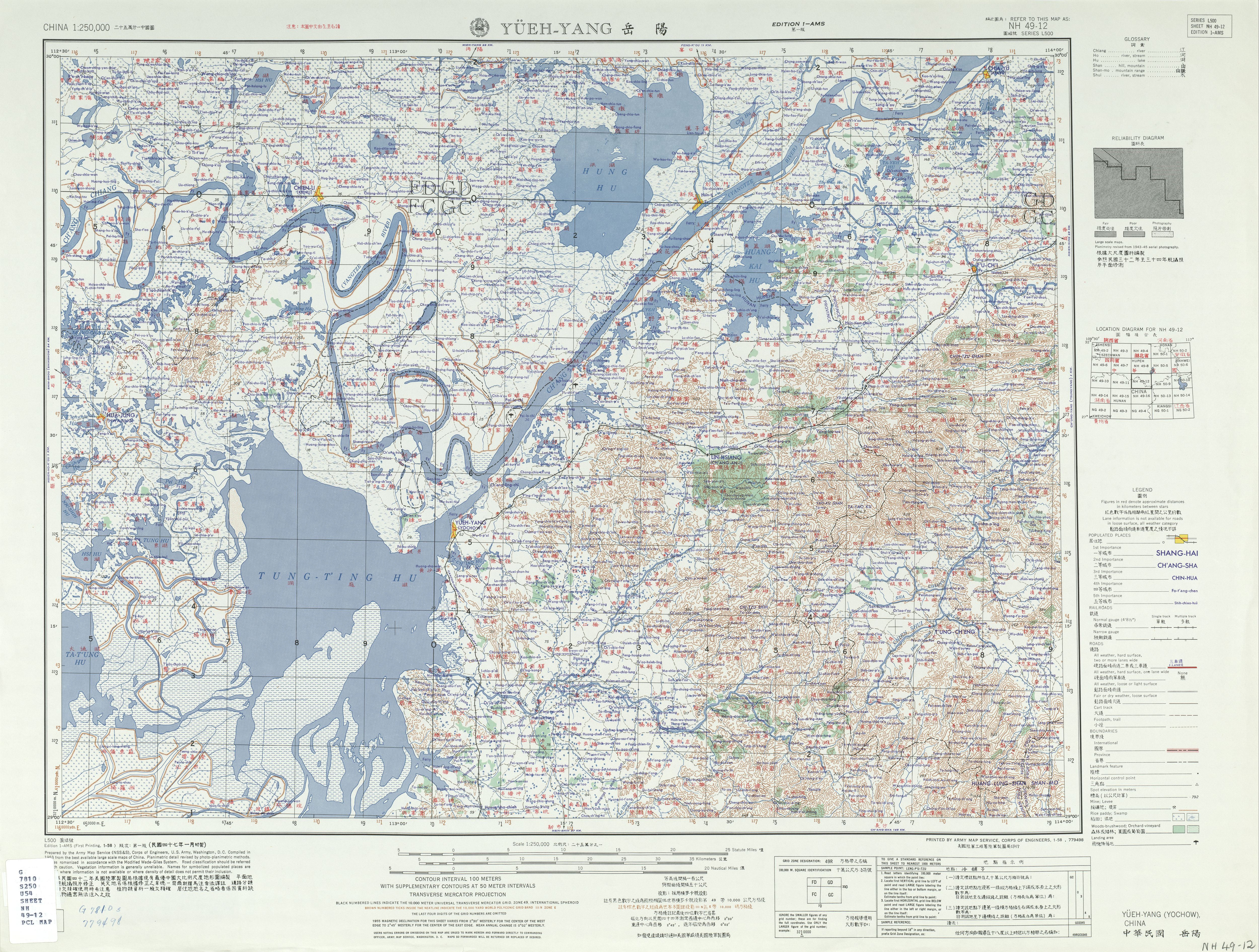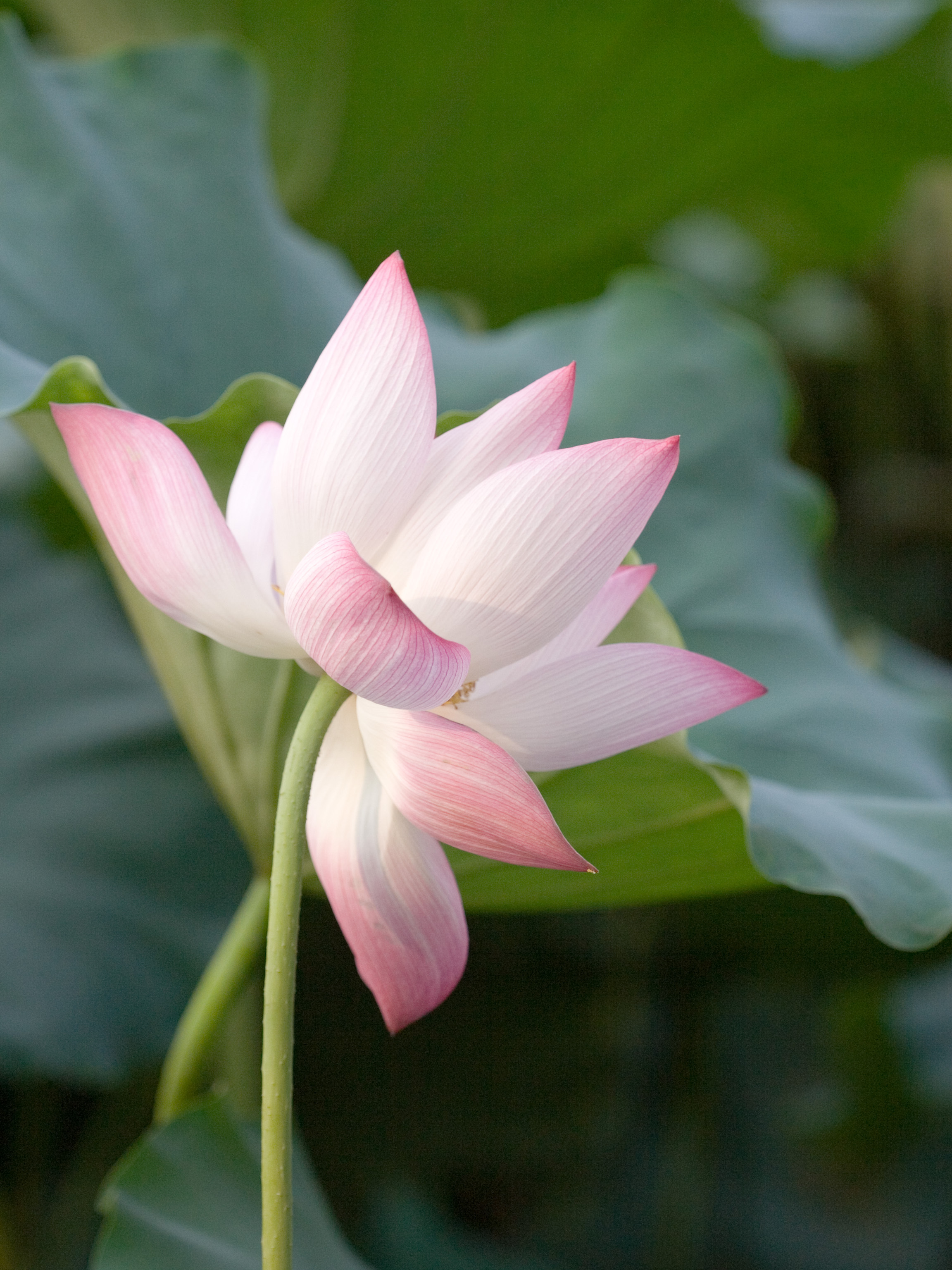|
Honghu Lake
Hong Lake () is a freshwater lake in the municipal region of Jingzhou, in central China's Hubei province. Its name originates from: ''Hong'' () vast, immense; flood, deluge + ''Hu'' () lake, and is used as the name for the nearby county-level city of Honghu. It is known for its lotus flowers.http://www.chinaculture.org/gb/en_travel/2003-09/24/content_34334.htm Honghu Lake at Chinaculture.org See also *Red Guards on Honghu Lake *Red Guards on Honghu Lake (film) ''Hong hu chi wei dui'' () is a 1961 Chinese war film directed by Fangqian Chen. The film tells that captain Liu and secretary Han lead a group of red guards retreat from base area and fight back again. Cast * Kuibin Xia as Chuang Liu * Ling Fu ... References Lakes of Hubei Honghu {{Hubei-geo-stub ... [...More Info...] [...Related Items...] OR: [Wikipedia] [Google] [Baidu] |
Honghu
Honghu () is a county-level city in the municipal region of Jingzhou, in the south of Hubei province. The city lies on the northwest (left) bank of the Yangtze River, across from Hunan Province and Xianning, Hubei. It is named after the adjacent Hong Lake, which since ancient times has periodically flooded. The traditional Chinese holiday, Dragon Boat Festival, celebrated on the fifth day of the fifth lunar month, features boat races which are run on Hong Lake. By means of its famous lake, Honghu City produces forty kinds of fish and an abundance of plants, such as lotus, reed and a type of black algae. As of 2000, Honghu City had a population of 335,618 or more people. History Honghu is celebrated as an important supporter of the Communist side during last century's Chinese Civil War. Westerners know it for New Zealand communist Rewi Alley's relief work and Gung-ho (共合, ''Gonghe'') co-operative movement. Civil War Honghu and other regions around its lake were part of ... [...More Info...] [...Related Items...] OR: [Wikipedia] [Google] [Baidu] |
Hubei
Hubei (; ; alternately Hupeh) is a landlocked province of the People's Republic of China, and is part of the Central China region. The name of the province means "north of the lake", referring to its position north of Dongting Lake. The provincial capital, Wuhan, serves as a major transportation hub and the political, cultural, and economic hub of central China. Hubei's name is officially abbreviated to "" (), an ancient name associated with the eastern part of the province since the State of E of the Western Zhou dynasty of –771 BCE; a popular name for Hubei is "" () (suggested by that of the powerful State of Chu, which existed in the area during the Eastern Zhou dynasty of 770 – 256 BCE). Hubei borders the provinces of Henan to the north, Anhui to the east, Jiangxi to the southeast, Hunan to the south, Chongqing to the west, and Shaanxi to the northwest. The high-profile Three Gorges Dam is located at Yichang, in the west of the province. Hubei is the 7th-largest p ... [...More Info...] [...Related Items...] OR: [Wikipedia] [Google] [Baidu] |
Jingzhou
Jingzhou () is a prefecture-level city in southern Hubei province, China, located on the banks of the Yangtze River. Its total residential population was 5,231,180 based on the 2020 census, 1,068,291 of whom resided in the built-up (''or metro'') area comprising two urban districts. Jingzhou's central urban area has grown out of Shashi City and Jingzhou Town (historically also known as Jiangling); their names were preserved in the names of Shashi District and Jingzhou District, which include the city's historical center, as well as Jiangling County, which administers the suburban areas of the larger historical area of Jiangling. The name "Shashi" also remains in the names of a number of local facilities, such as Jingzhou Shashi Airport and a railway freight station. Toponymy The contemporary city of Jingzhou is named after Jingzhou (ancient China), ancient province of the same name, which was one of the nine provinces of ancient China. Said province was named after the nearb ... [...More Info...] [...Related Items...] OR: [Wikipedia] [Google] [Baidu] |
China Soviet Zones
China, officially the People's Republic of China (PRC), is a country in East Asia. It is the world's most populous country, with a population exceeding 1.4 billion, slightly ahead of India. China spans the equivalent of five time zones and borders fourteen countries by land, the most of any country in the world, tied with Russia. Covering an area of approximately , it is the world's third largest country by total land area. The country consists of 22 provinces, five autonomous regions, four municipalities, and two Special Administrative Regions (Hong Kong and Macau). The national capital is Beijing, and the most populous city and financial center is Shanghai. Modern Chinese trace their origins to a cradle of civilization in the fertile basin of the Yellow River in the North China Plain. The semi-legendary Xia dynasty in the 21st century BCE and the well-attested Shang and Zhou dynasties developed a bureaucratic political system to serve hereditary monarchies, or dynasti ... [...More Info...] [...Related Items...] OR: [Wikipedia] [Google] [Baidu] |
County-level City
A county-level municipality (), county-level city or county city, formerly known as prefecture-controlled city (1949–1970: ; 1970–1983: ), is a Administrative divisions of China#County level (3rd), county-level administrative division of the China, People's Republic of China. County-level cities have judiciary, judicial but no legislature, legislative rights over their own local ordinance, local law and are usually governed by Administrative divisions of China#Prefectural level (2nd), prefecture-level divisions, but a few are governed directly by Administrative divisions of China#Provincial level (1st), province-level divisions. A county-level city is a "city" () and "county" () that have been merged into one unified jurisdiction. As such it is simultaneously a city, which is a municipal entity and a county which is an administrative division of a prefecture. Most county-level cities were created in the 1980s and 1990s by replacing denser populated Counties of Chin ... [...More Info...] [...Related Items...] OR: [Wikipedia] [Google] [Baidu] |
Lotus Flower
''Nelumbo nucifera'', also known as sacred lotus, Laxmi lotus, Indian lotus, or simply lotus, is one of two extant species of aquatic plant in the family Nelumbonaceae. It is sometimes colloquially called a water lily, though this more often refers to members of the family Nymphaeaceae. Lotus plants are adapted to grow in the flood plains of slow-moving rivers and delta areas. Stands of lotus drop hundreds of thousands of seeds every year to the bottom of the pond. While some sprout immediately, and most are eaten by wildlife, the remaining seeds can remain dormant for an extensive period of time as the pond silts in and dries out. During flood conditions, sediments containing these seeds are broken open, and the dormant seeds rehydrate and begin a new lotus colony. Under favorable circumstances, the seeds of this aquatic perennial may remain viable for many years, with the oldest recorded lotus germination being from seeds 1,300 years old recovered from a dry lakebed in no ... [...More Info...] [...Related Items...] OR: [Wikipedia] [Google] [Baidu] |
Red Guards On Honghu Lake
''Red Guards on Honghu Lake'' (Chinese: 洪湖赤卫队) is a Chinese modern opera in six acts. It was first performed in October 1956 in Wuhan, Hubei by the Hubei Experimental Theater Society (湖北省实验歌剧团). It is set in Honghu, Hubei. Its music was composed by Zhu Benhe, Zhang Jing'an, and Ouyang Qianshu. It was adapted to the cinema in 1961. Plot synopsis The opera is based on a true story. In the summer of 1930, a landlord of Pengjiadun named Peng Batian takes advantage of the departure of the Red Army, cooperating with colonel Feng of the Kuomintang The Kuomintang (KMT), also referred to as the Guomindang (GMD), the Nationalist Party of China (NPC) or the Chinese Nationalist Party (CNP), is a major political party in the Republic of China, initially on the Chinese mainland and in Tai ... to attack the Honghu Base Area. Secretary Han Ying and Captain Liu Chuang lead the Red Guards to withdraw, then raid Pengjiadun with the help of an Underground Party s ... [...More Info...] [...Related Items...] OR: [Wikipedia] [Google] [Baidu] |
Red Guards On Honghu Lake (film)
''Hong hu chi wei dui'' () is a 1961 Chinese war film directed by Fangqian Chen. The film tells that captain Liu and secretary Han lead a group of red guards retreat from base area and fight back again. Cast * Kuibin Xia as Chuang Liu *Ling Fu as Qiu Ju * Zengyin Cao as Colonel Feng *Jinpeng Chen Suparna Airlines, known in Chinese as Jinpeng (), is an airline based in China. It was formerly known as ''Yangtze River Express'' and later ''Yangtze River Airlines'' after launching passenger services. The company's headquarters are in Shanghai ... as Peng 'Ba Tian' * Renxuan Chen as Hei Gu References External links * 1961 films 1961 war films 1960s Mandarin-language films Chinese war films Honghu {{China-film-stub ... [...More Info...] [...Related Items...] OR: [Wikipedia] [Google] [Baidu] |
Lakes Of Hubei
A lake is an area filled with water, localized in a basin, surrounded by land, and distinct from any river or other outlet that serves to feed or drain the lake. Lakes lie on land and are not part of the ocean, although, like the much larger oceans, they do form part of the Earth's water cycle. Lakes are distinct from lagoons, which are generally coastal parts of the ocean. Lakes are typically larger and deeper than ponds, which also lie on land, though there are no official or scientific definitions. Lakes can be contrasted with rivers or streams, which usually flow in a channel on land. Most lakes are fed and drained by rivers and streams. Natural lakes are generally found in mountainous areas, rift zones, and areas with ongoing glaciation. Other lakes are found in endorheic basins or along the courses of mature rivers, where a river channel has widened into a basin. Some parts of the world have many lakes formed by the chaotic drainage patterns left over from the last ice ... [...More Info...] [...Related Items...] OR: [Wikipedia] [Google] [Baidu] |

.jpg)


